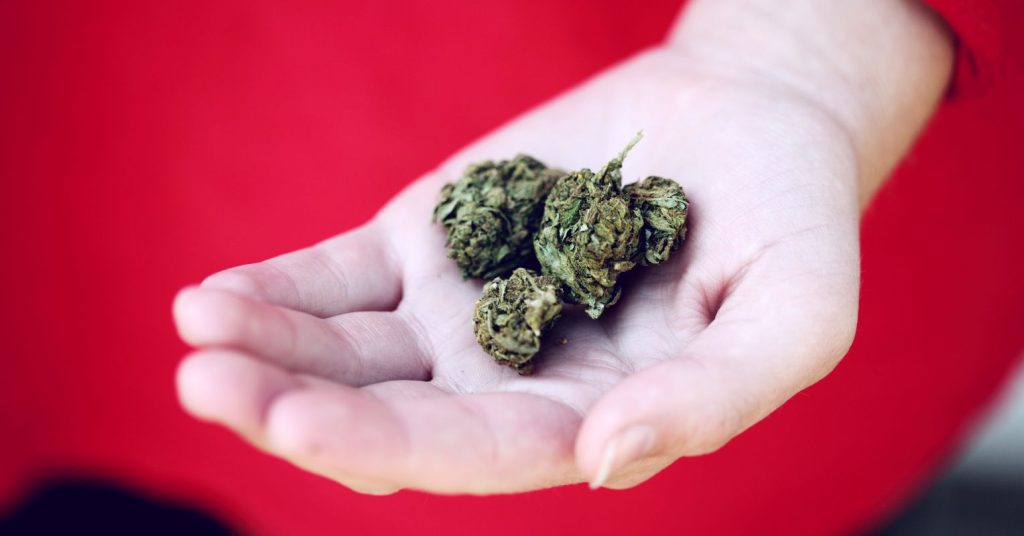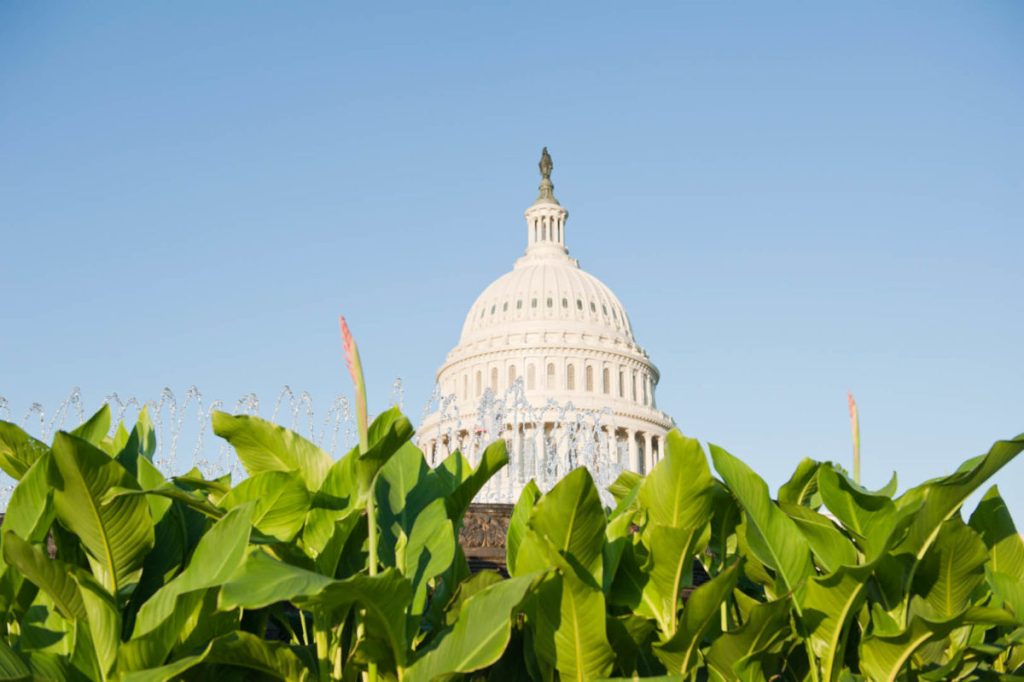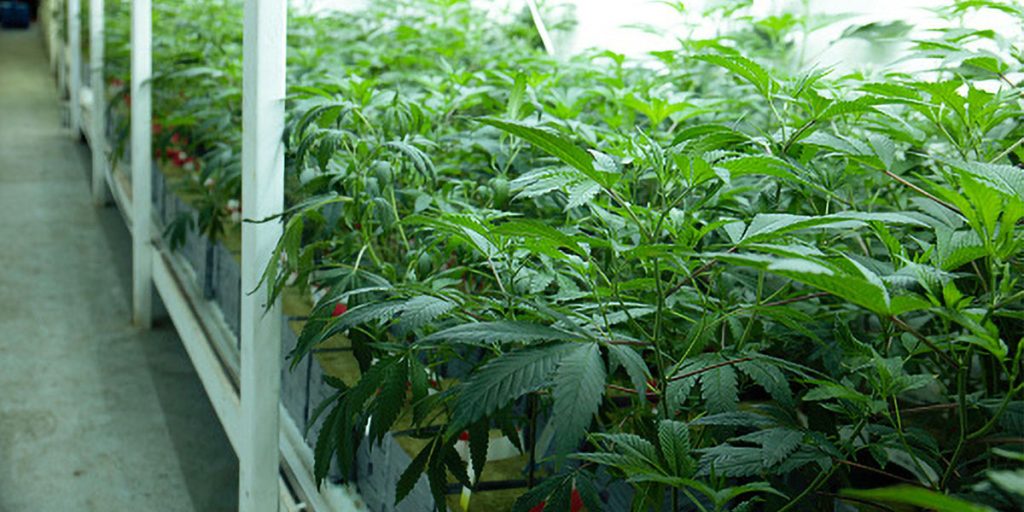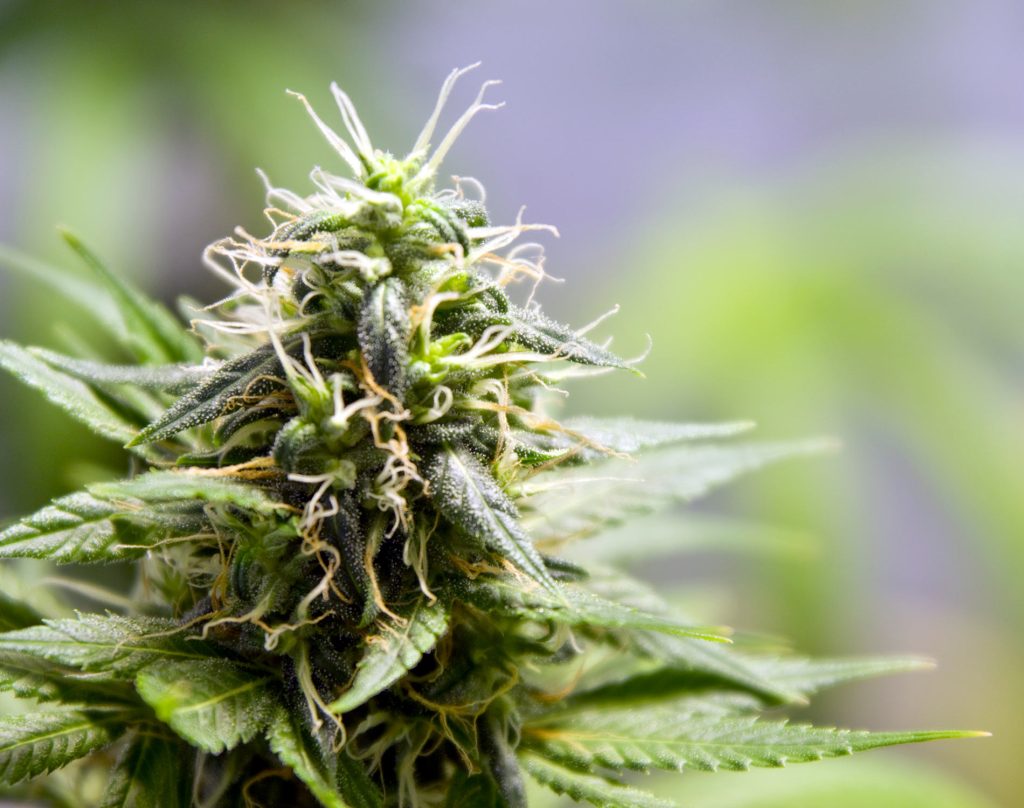Senate Majority Leader Chuck Schumer (D-NY), Senator Cory Booker (D-NJ), and Senate Finance Committee Chairman Ron Wyden introduced the Cannabis Administration and Opportunity Act (CAOA), a comprehensive measure to decriminalize, regulate, and tax cannabis, on July 21. (D-OR). The CAOA aims to “work towards reversing the many injustices the failed War on Drugs levied against Black, Brown, and low-income people,” promote the safe use of cannabis products, and facilitate potentially $45 billion or more in annual sales in the cannabis industry by 2025, according to the senators’ press release.
Federal Organizations

However, the Food and Drug Administration (FDA) is particularly tasked with regulating cannabis products through a new Center for Cannabis Products. The bill’s different clauses generate duties for numerous federal agencies.
Anyone who owns or manages a company that produces prepares, compounds or processes cannabis products is required to register with FDA and submit and maintain a list of the cannabis products they produce each year.
Additionally, the National Labor Relations Act, the Fair Labor Standards Act, and the Occupational Safety and Health Act, as well as other related wage and labor laws, would need to be complied with by anyone who cultivates, produces, manufactures, packs, or warehouses cannabis and cannabis-related products (OSHA). The National Institute of Occupational Safety and Health is mandated by the CAOA to jointly publish recommendations for employers in the cannabis business that complies with OSHA and any other relevant federal regulations.
Administration for Small Businesses

The CAOA would establish two programs to be managed by the Small Business Administration in order to encourage small businesses involved in the national cannabis market and to aid in their economic development (SBA).
The Cannabis Restorative Opportunity Program, the first of these initiatives, would give money to eligible states and localities to encourage small companies run and controlled by people from socially and economically disadvantaged backgrounds through loans or other forms of assistance.
Administration for Small Businesses

The CAOA would establish two programs to be managed by the Small Business Administration in order to encourage small businesses involved in the national cannabis market and to aid in their economic development (SBA).
The Cannabis Restorative Opportunity Program, the first of these initiatives, would give money to eligible states and localities to encourage small companies run and controlled by people from socially and economically disadvantaged backgrounds through loans or other forms of assistance.
Taxes
In terms of taxes, the CAOA uses a phase-in period of five years for a new federal excise tax rate. For major cannabis firms, the tax rates on cannabis sales in the first two years following the CAOA’s passage would be 10%, 15% in the third year, 20% in the fourth, and 25% in the fifth. Rates for small and medium-sized firms are reduced by half.
Initial provisions of the CAOA’s discussion draught mandated that licensed cannabis firms submit tax payments every two weeks and keep a surety bond on file to cover any future excise tax liabilities. With the new CAOA, cannabis businesses with less than $100,000 in tax liabilities from the previous year are exempt from the bond requirement.
Social Justice

The measure contained a number of social justice provisions because one of its main stated goals was to address the effects of the drug war. The bill encourages financial institutions to offer services to small or minority-owned businesses, increases funding for the Community Development Financial Institutions Fund established by the Community Development Banking and Financial Institutions Act of 1994, and invests in minority depository institutions.
A person cannot be denied financial services under the CAOA if they had previously been convicted of a nonviolent cannabis offense. The law would also offer technical support and loans to companies doing business within an Indian tribe’s boundaries.
Conversations Between Partisans About Marijuana

Instead, a smaller cannabis law that might see one or more CAOA elements added to the SAFE Banking Act, a more broadly supported measure that would make it simpler for banks to provide financial services to cannabis entrepreneurs, is being considered by some Democrats and Republicans later this year. There has been no official decision made, and that proposal is still in the discussion phase.
